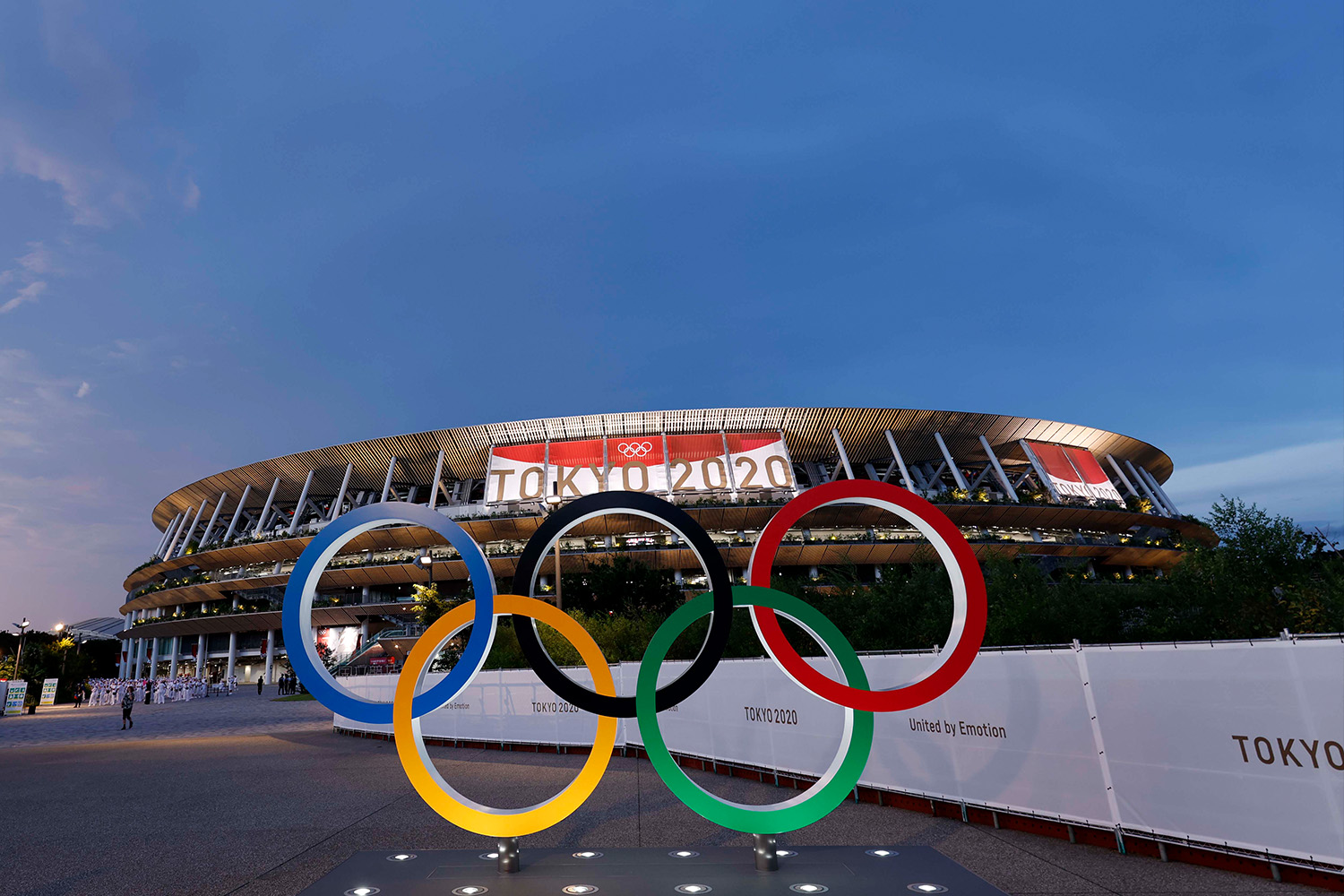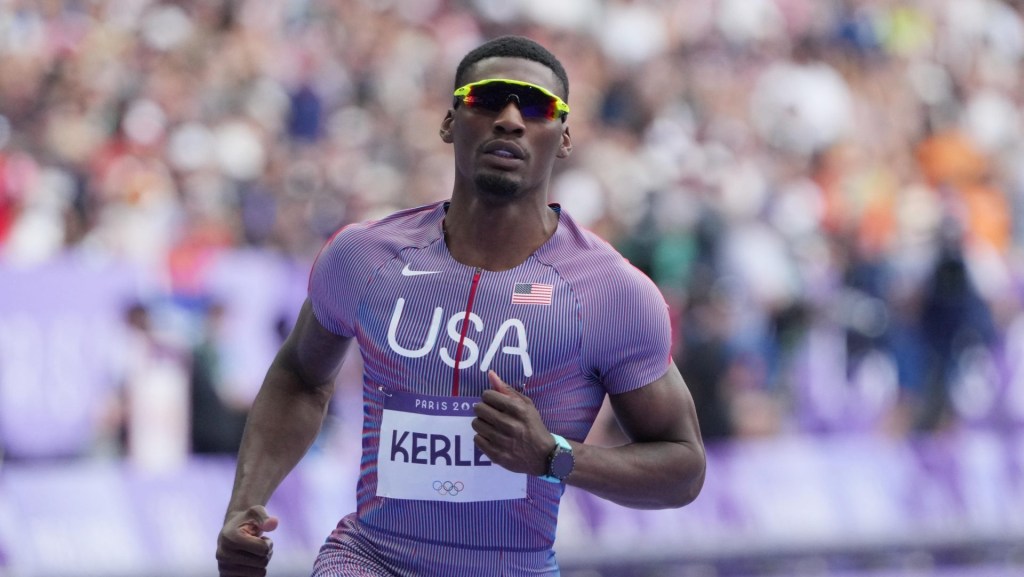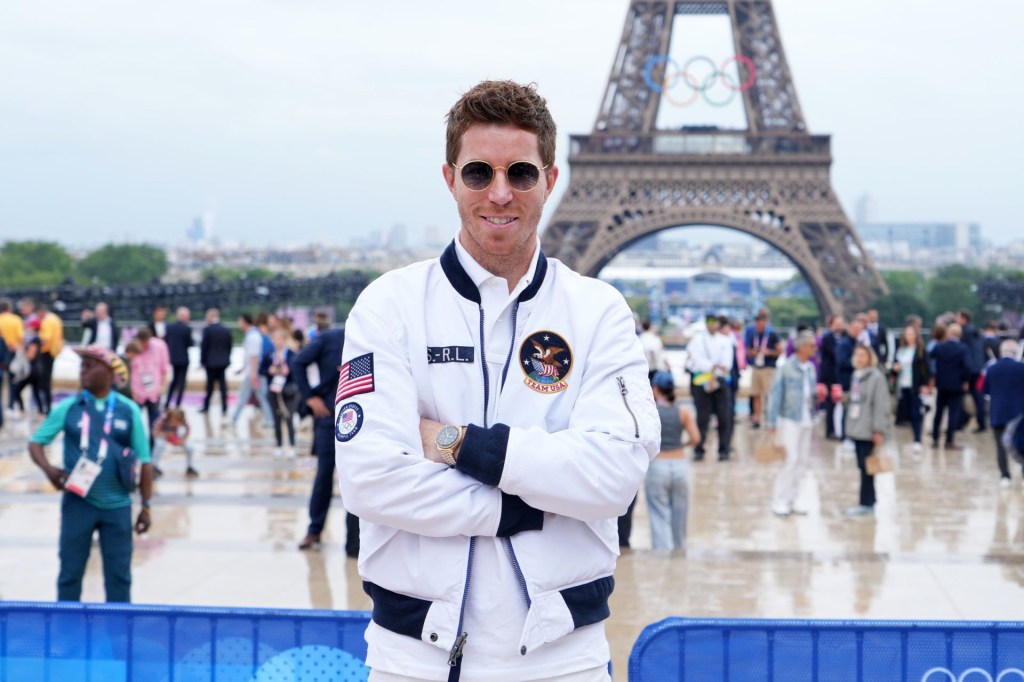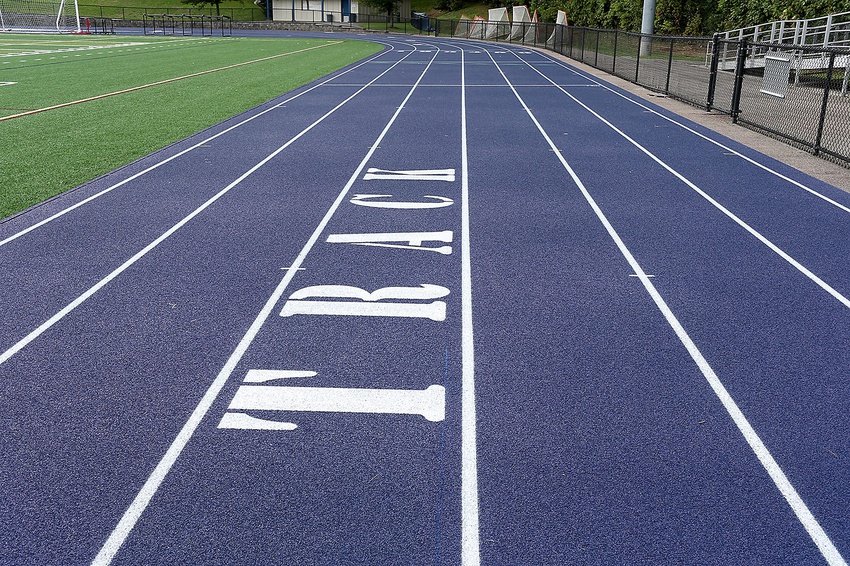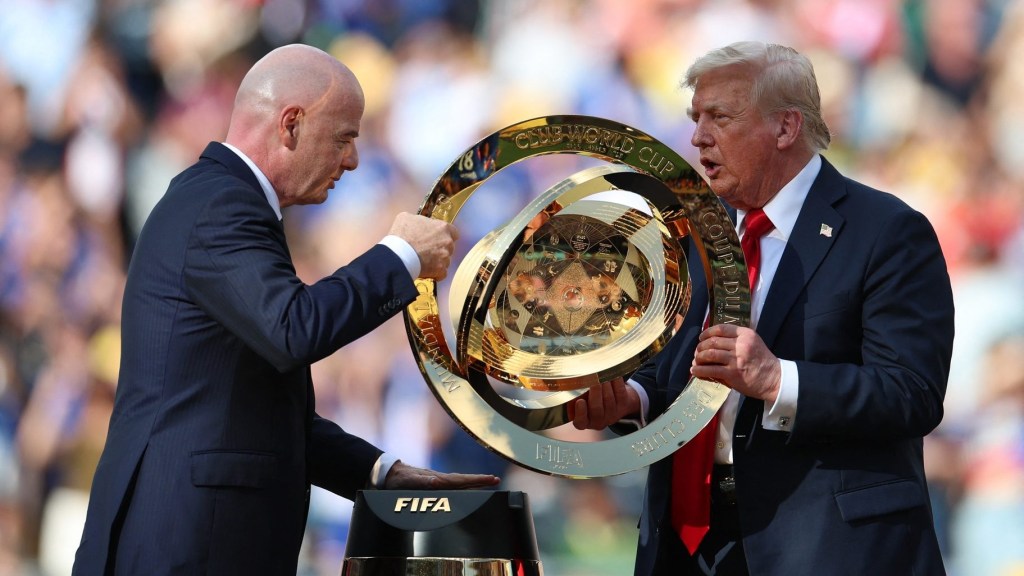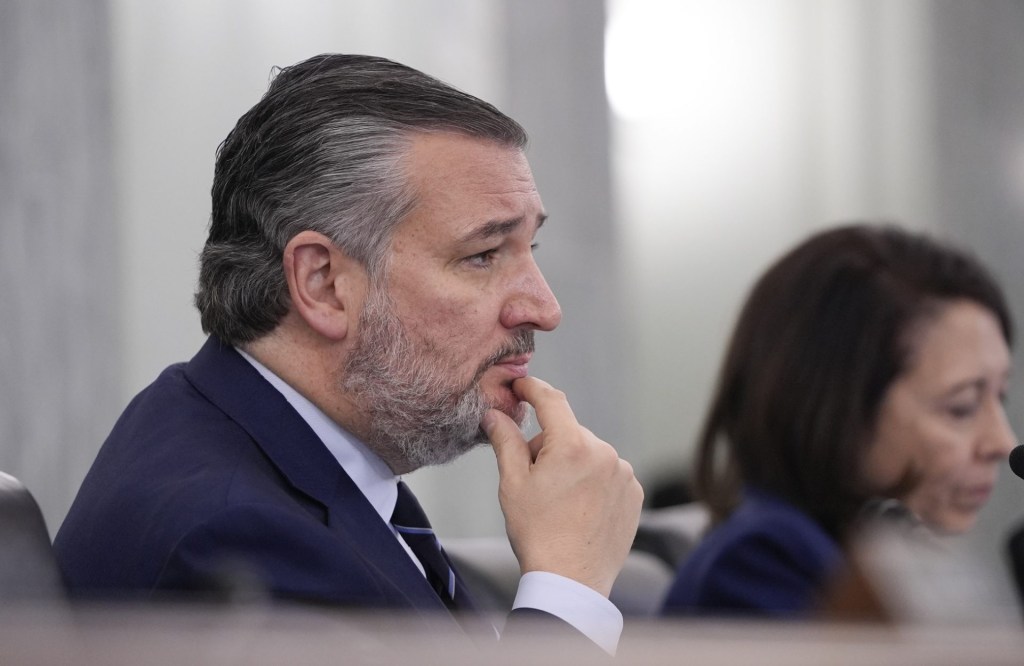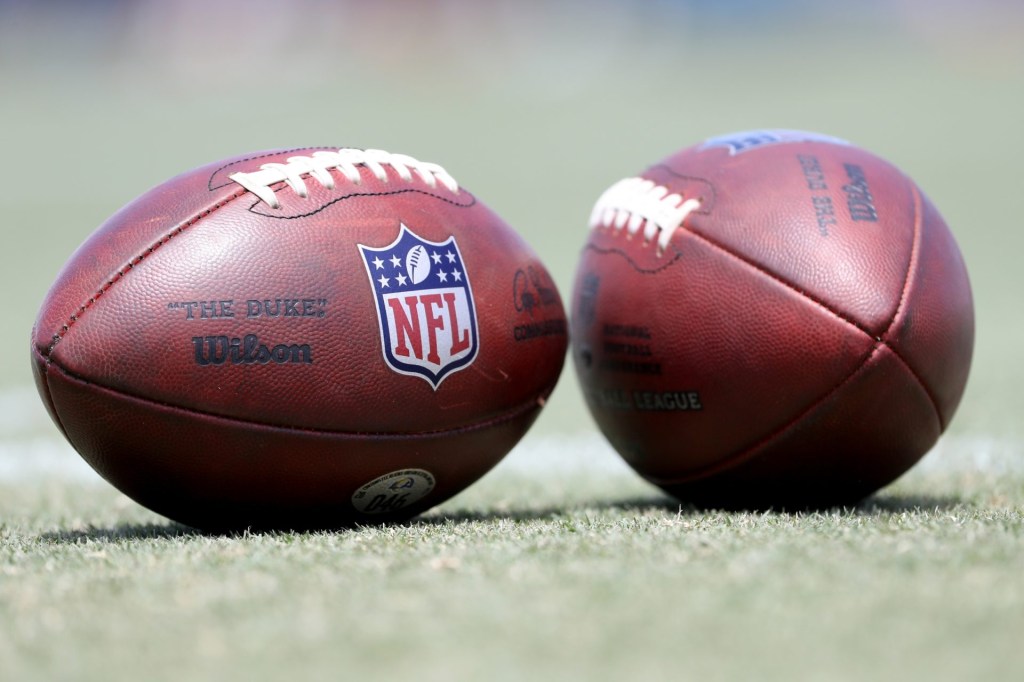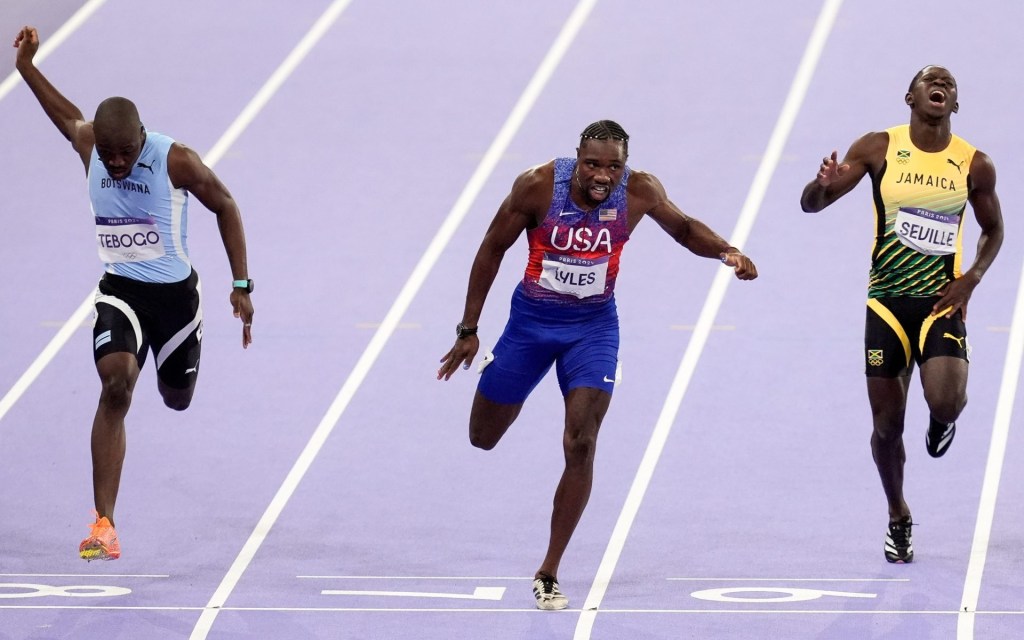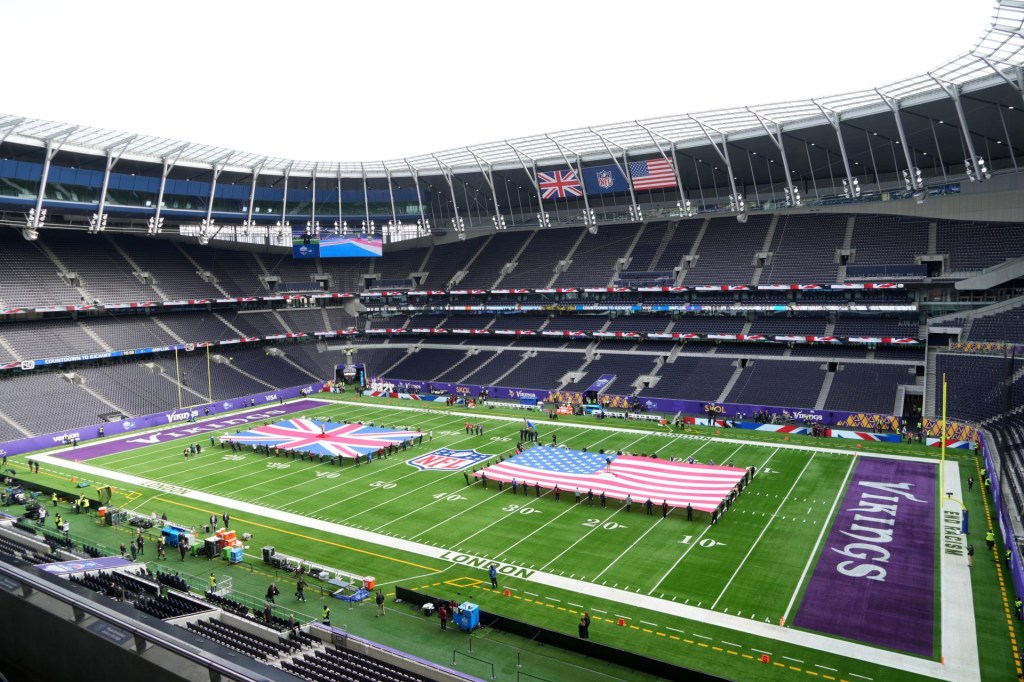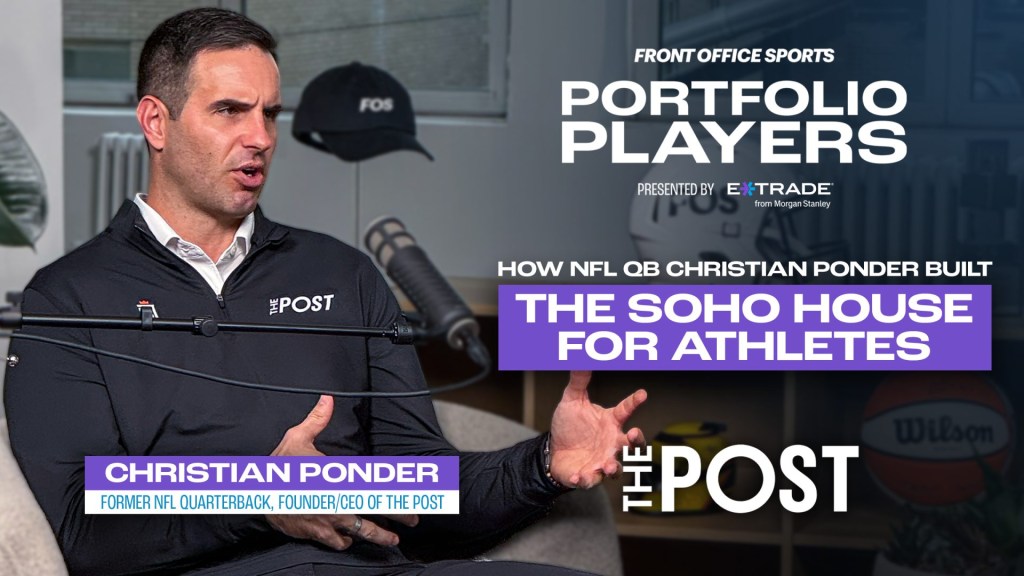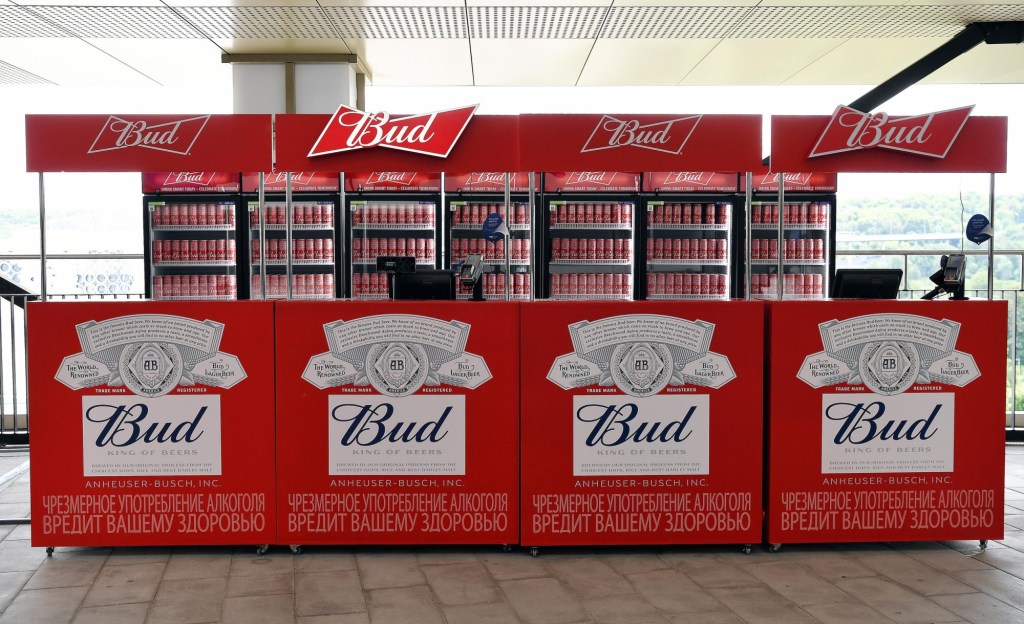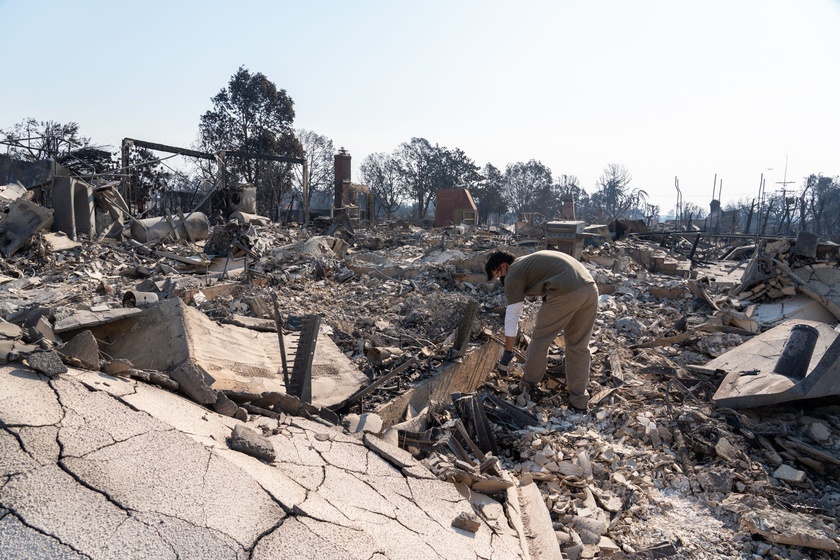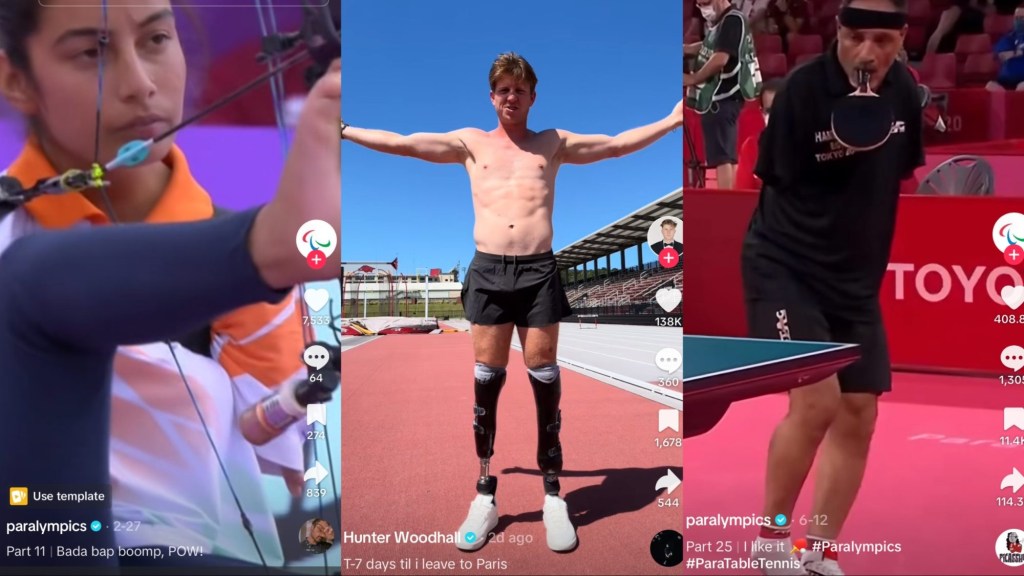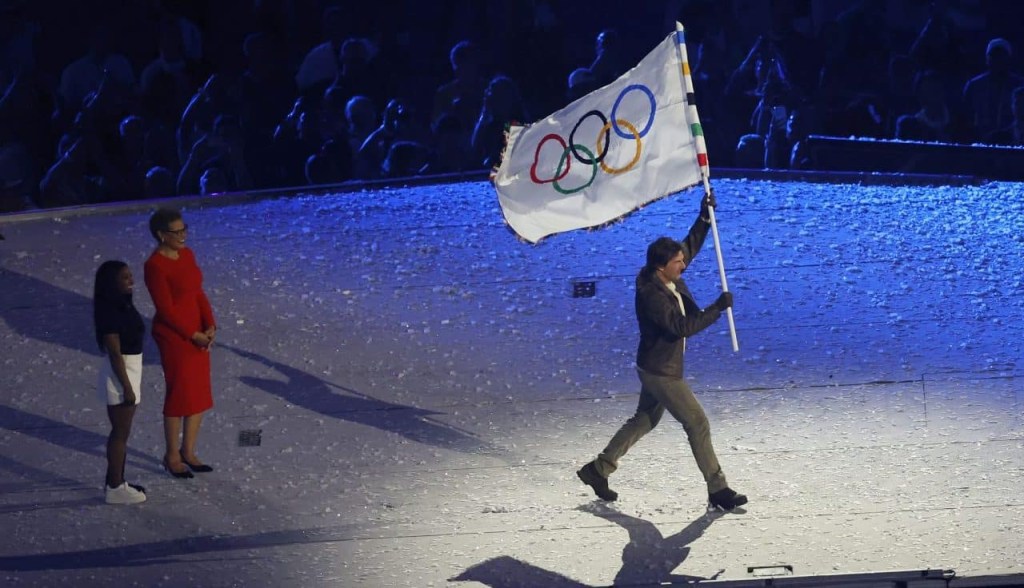The book still isn’t closed on the pandemic-delayed 2020 Tokyo Olympics, and the latest chapter is perhaps the ugliest yet.
More than two years after those Games were held, in the summer of 2021 at a reported cost of $13 billion, six companies, including the advertising giant Dentsu, along with seven individuals, are standing trial in Japan on charges related to the bidding process.
Those allegations largely center around claims of rigging a string of Games-related contracts. Dentsu in particular served as the chief marketing arm of the Tokyo Olympics, raising a record $3.3 billion in local sponsorships and receiving a commission on sales.
Many of the charges are going uncontested. Instead, the defense’s arguments are centered around a perceived lack of specificity within the bidding process.
“Even if what happened gets categorized as bid-rigging, all my client did was abide by the organizing committee’s intentions, following their instructions,” said Genta Yoshino, an attorney representing former Dentsu sports executive Koji Henmi.
Dark Coda
The trial, which is expected to stretch into 2024, represents a dark coda to one of the most challenged and controversial Olympics in modern history. On top of the yearlong pandemic delay, the event drew record-low ratings in the U.S., and a Japanese audit suggested that the actual expenditure to stage the event was perhaps twice what organizers said. Additionally, the scandal derailed a once-favored bid by the northern city of Sapporo to return the 2030 Winter Olympics to Japan.
The maximum penalty for any company found guilty in the Tokyo trial is $3.3 million, while individuals face up to five years in prison, with a $33,000 fine.
The Tokyo situation also carries some thematic similarities to the ongoing turmoil surrounding the upcoming Summer Olympics in Paris (2024) and Brisbane (’32), highlighting the growing difficulty of staging the Games in their current form.
